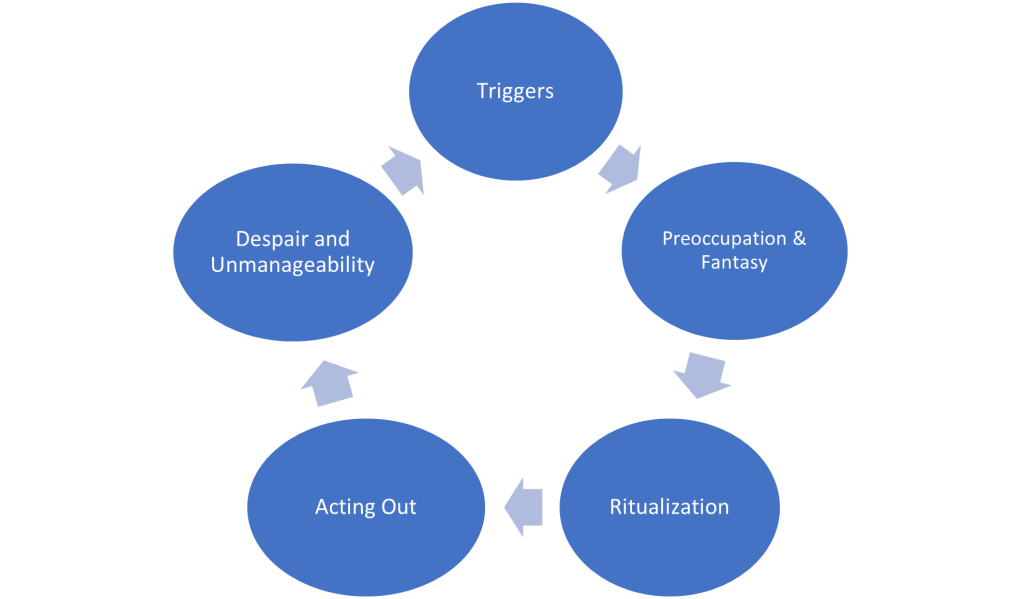
Defining Sex Addiction and Its Impact
Sex addiction, also known as hypersexual disorder, is a condition characterized by an individual’s compulsive need to engage in sexual behaviors, often at the expense of their health, relationships, and responsibilities. This compulsive behavior can involve a range of activities, such as excessive masturbation, promiscuous sexual encounters, pornography consumption, or engaging in unsafe sexual practices. The impact of sex addiction is profound, affecting the addict’s emotional and psychological well-being, leading to feelings of guilt, shame, and isolation. Understanding sex addiction is the first step toward effective treatment, as it allows both the individual and professionals to recognize the extent of the issue and its ramifications.
Psychological Therapies for Sex Addiction
The cornerstone of sex addiction treatment is psychological therapy, with Cognitive Behavioral Therapy (CBT) being one of the most effective approaches. CBT helps individuals identify and change the thought patterns and behaviors that contribute to their addiction. By addressing underlying issues such as low self-esteem, anxiety, and depression, CBT empowers individuals to develop healthier coping mechanisms. Another therapeutic approach is psychodynamic therapy, which explores how past experiences and unconscious thoughts influence current behavior. Group therapy also plays a crucial role, offering a supportive environment where individuals can share their experiences and gain insights from others facing similar challenges. The sense of community and shared understanding in group therapy can significantly reduce feelings of isolation and promote recovery.
Pharmacological Interventions in Treating Sex Addiction
In some cases, pharmacological interventions are used alongside psychological therapies to treat sex addiction. Medications such as selective serotonin reuptake inhibitors (SSRIs) are often prescribed to address underlying issues like depression and anxiety, which can exacerbate addictive behaviors. Additionally, these medications can reduce sexual urges and compulsive behaviors by affecting neurotransmitter levels in the brain. Anti-androgens and mood stabilizers may also be considered, depending on the individual’s specific symptoms and medical history. However, medication alone is not usually sufficient for treating sex addiction; it is most effective when combined with comprehensive therapeutic strategies that address the behavioral and emotional aspects of the addiction.
Holistic and Lifestyle Approaches to Recovery
A holistic approach to treating sex addiction involves addressing the individual’s overall well-being, including physical, emotional, and spiritual health. Lifestyle changes such as regular exercise, a balanced diet, and adequate sleep can improve mental health and reduce stress, which may trigger addictive behaviors. Mindfulness and meditation practices are also beneficial, helping individuals develop greater self-awareness and control over their impulses. Building a strong support network, whether through family, friends, or support groups, provides essential encouragement and accountability during the recovery process. Additionally, engaging in hobbies and activities that bring joy and fulfillment can help individuals replace addictive behaviors with positive, life-affirming experiences. Holistic treatment recognizes that recovery from sex addiction is a multifaceted process that requires a comprehensive and personalized approach.
Conclusion: A Comprehensive Path to Recovery
Sex addiction is a complex condition that requires a multifaceted treatment approach. Psychological therapies like CBT, psychodynamic therapy, and group therapy form the foundation of effective treatment, helping individuals understand and change their addictive behaviors. Pharmacological interventions can support these therapies by addressing underlying mental health issues and reducing compulsive sexual urges. Additionally, a holistic approach that includes lifestyle changes, mindfulness practices, and a strong support network is crucial for sustaining long-term recovery. By addressing the various aspects of sex addiction, individuals can regain control over their lives, rebuild their relationships, and achieve lasting well-being. Understanding and treating sex addiction is not a one-size-fits-all process; it requires a tailored approach that considers the unique needs and circumstances of each individual.